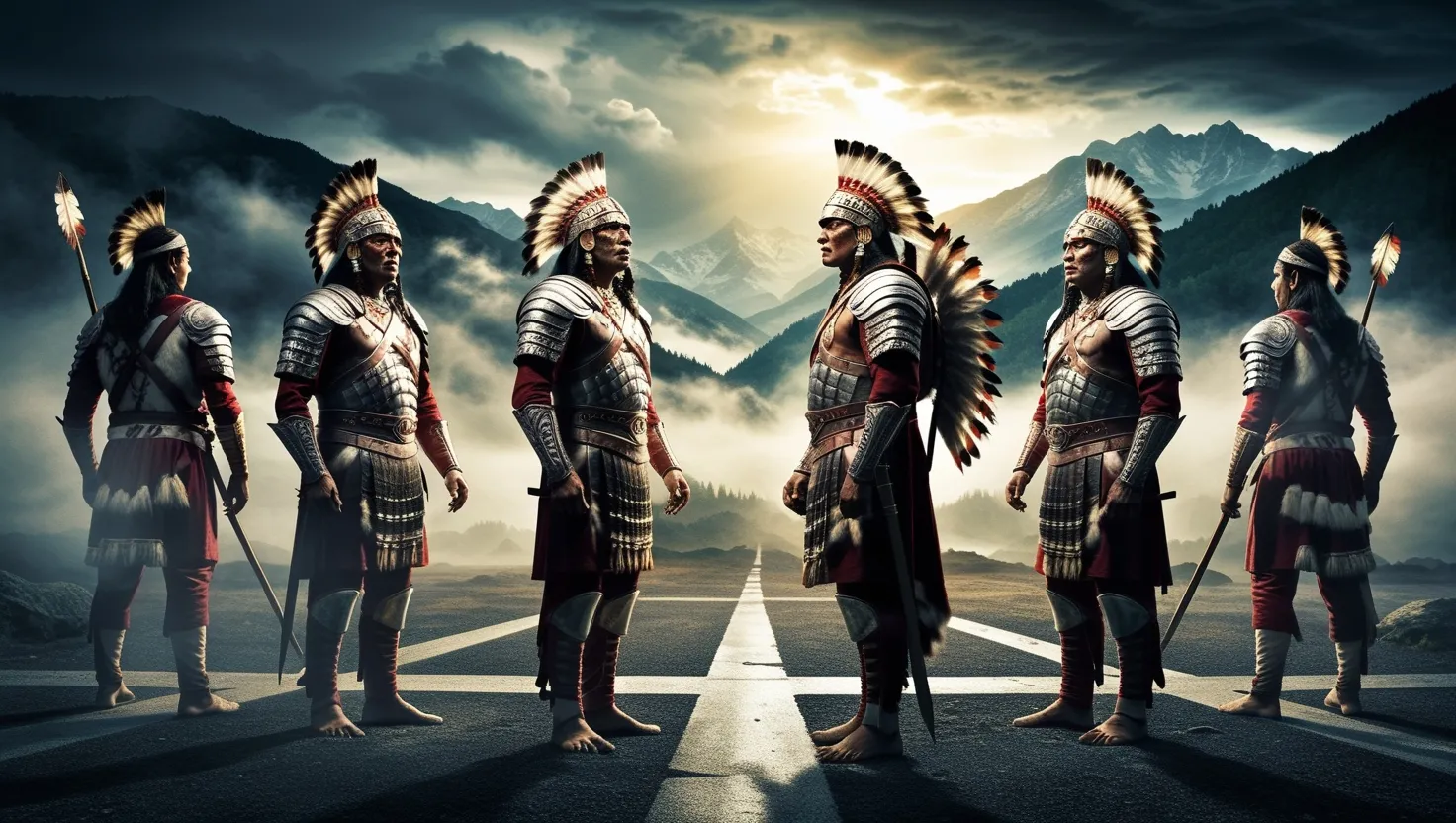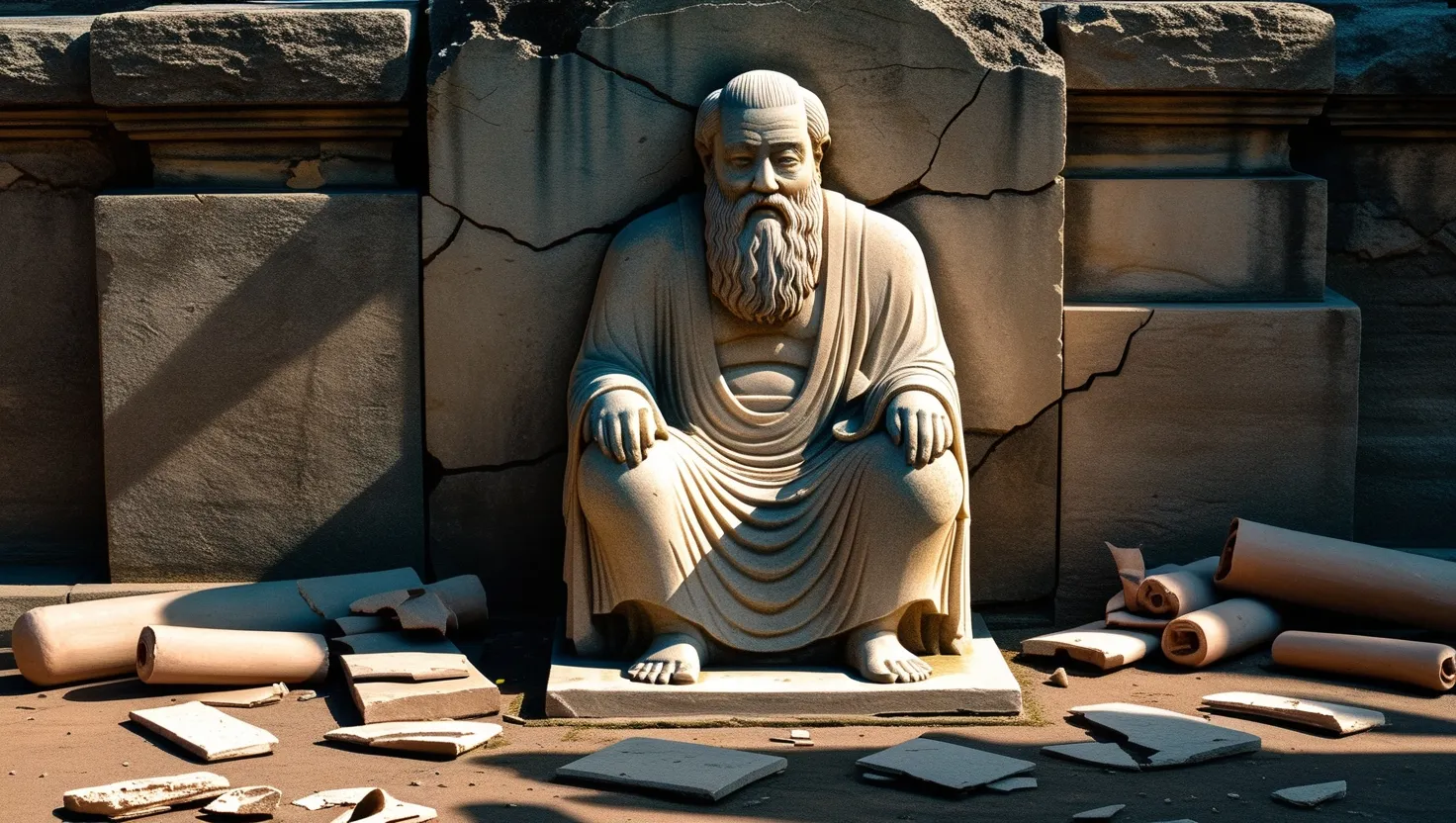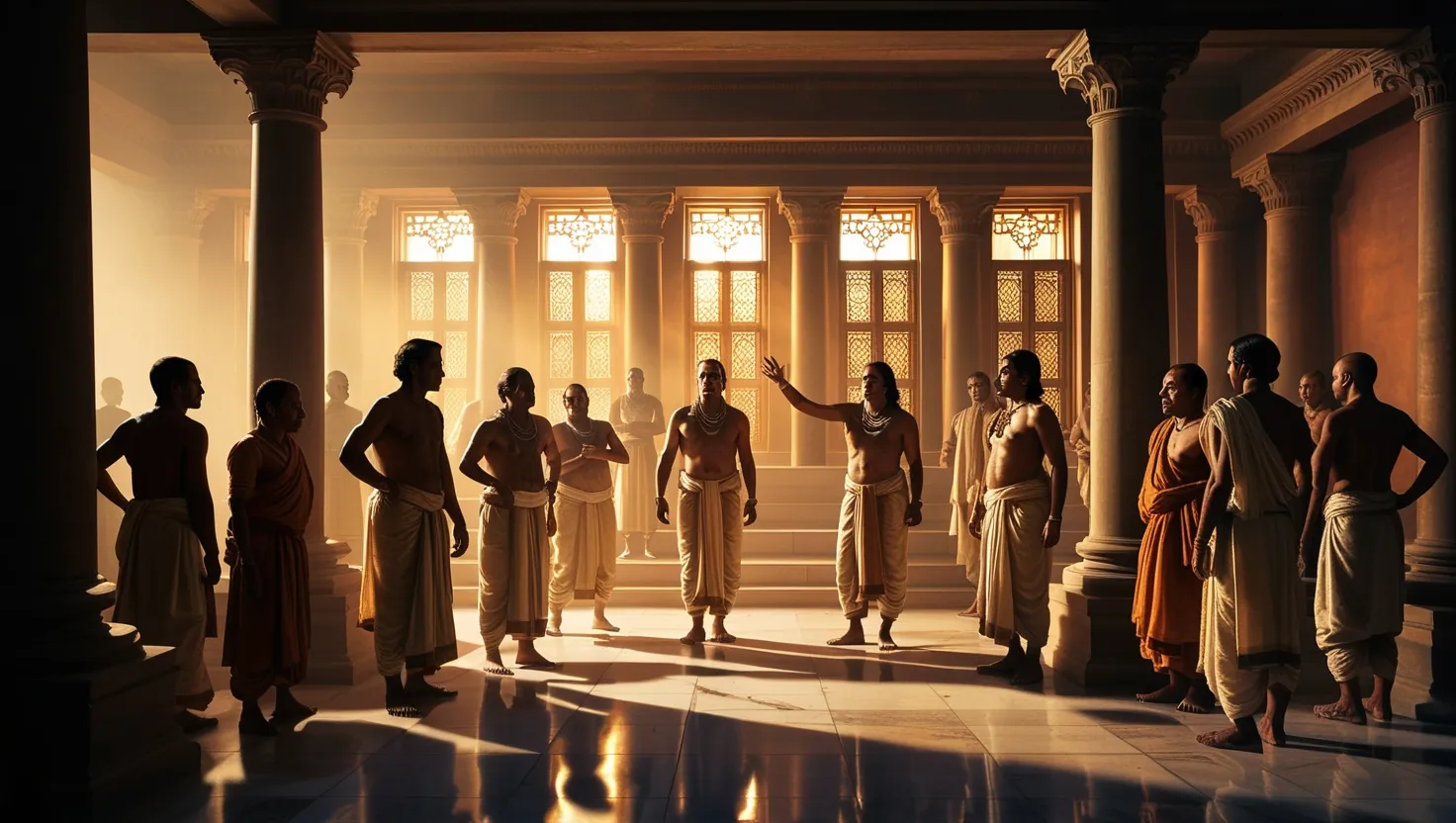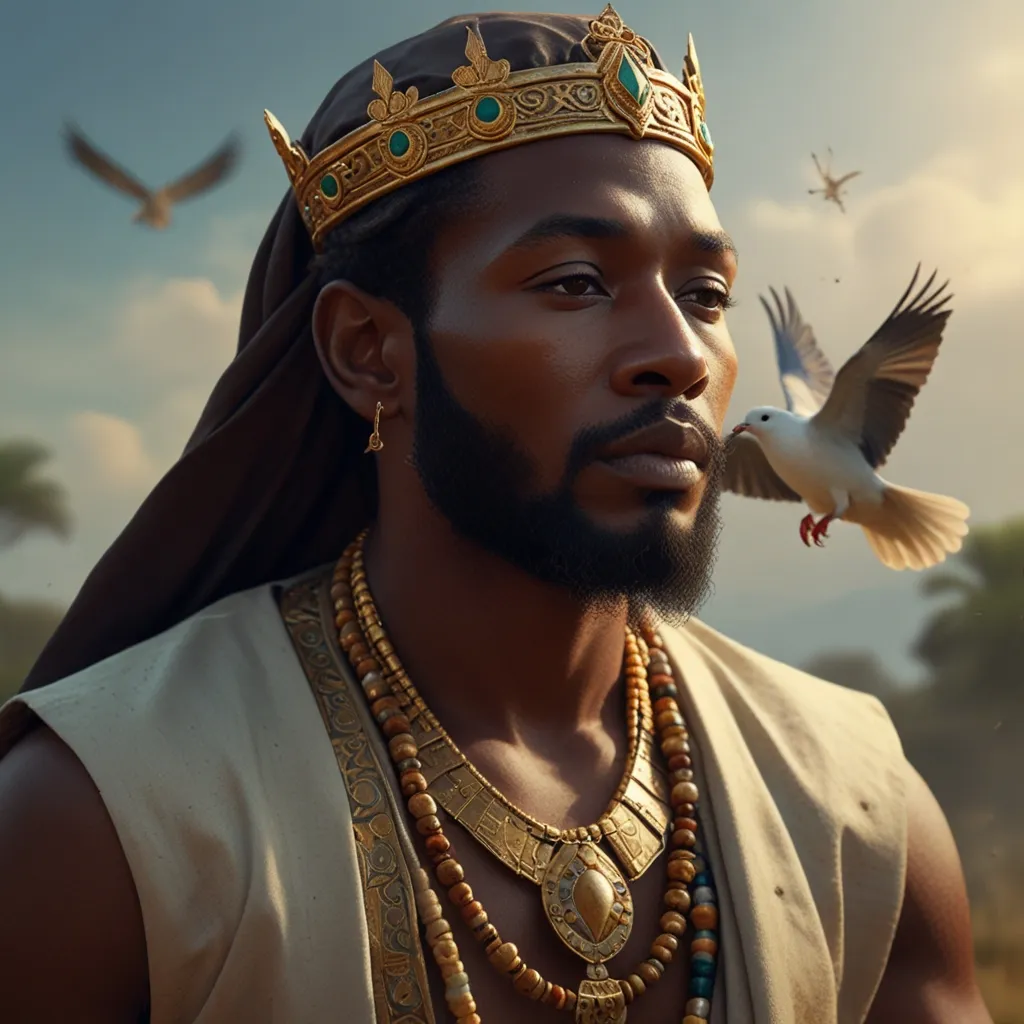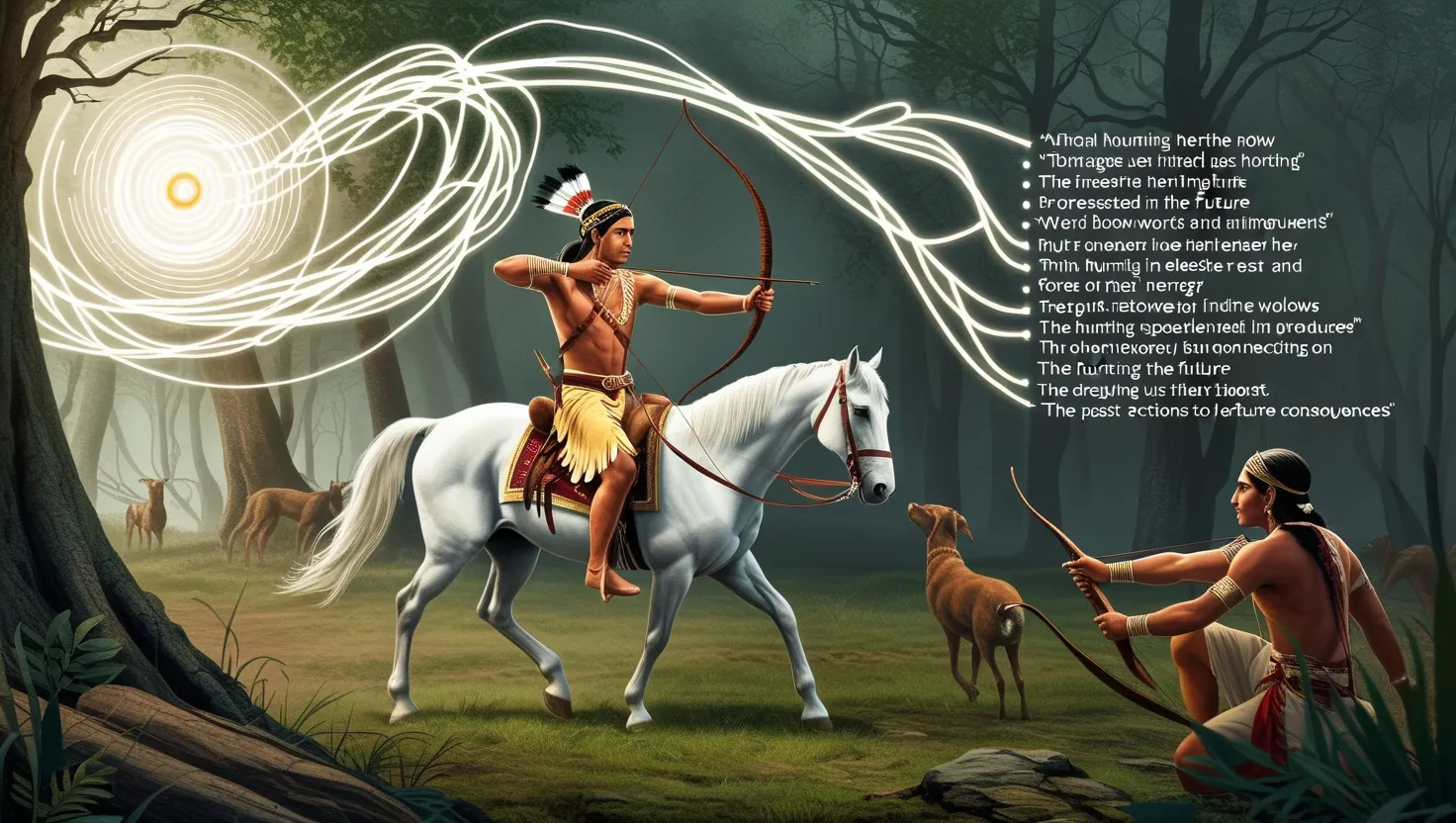Have you ever asked yourself why the Mahabharata still captures attention after so many centuries? For me, it’s not simply a story of gods and warriors. It’s about people — about choices they make in twisting, imperfect situations. The real magic lies in its refusal to serve up easy moral answers, leaving me to wrestle with questions that often feel more contemporary than ancient.
Let’s start with Krishna. Most of us picture him as wise, charming, and infallible. Yet, when reading the Mahabharata closely, I find my certainty about him fading. Krishna, who’s regarded as the embodiment of dharma, isn’t shy about deploying tactics that seem, on the surface, anything but righteous. I pause on scenes where, for a greater good, he bends rules: urging Arjuna to hide behind Shikhandi to strike down Bhishma, or suggesting sly ways to eliminate Drona or Karna. These actions leave me asking if noble outcomes can excuse questionable strategies. Was Krishna above the law, or did he simply understand that real life, unlike the black-and-white world of stories, demands flexibility?
“Morality is not the doctrine of how we may make ourselves happy, but how we may make ourselves worthy of happiness.”
— Immanuel Kant
The paradox Krishna presents is one that recurs in daily life. Can breaking a rule sometimes serve a purpose higher than the rule itself? I find myself thinking about leaders, parents, and decision-makers who must sometimes choose between the lesser of two evils. The Mahabharata doesn’t console us with a clean answer — it only proposes that, occasionally, one must act outside the lines for reasons that feel excruciatingly urgent.
Next comes Arjuna’s famous hesitation before battle. If you’ve ever stood at a crossroads, torn between head and heart, you’ve lived a piece of his story. Arjuna has the skills and the cause, but freezing at the sight of his family is his most human moment. His internal tug-of-war between non-violence and duty becomes especially sharp because neither option is “wrong” in an obvious sense. Whenever I revisit this scene, I’m left with my own set of questions. When my personal compassion butts against my responsibilities to others, which should guide me? Krishna’s answer is the doctrine of duty — but who gets to define duty in the real world, where the lines blur?
“What is to give light must endure burning.”
— Viktor E. Frankl
Arjuna’s problem nudges me to reflect on professions where emotional conflict is constant — doctors deciding triage, soldiers carrying orders, ordinary people caught between family and work. The Mahabharata’s genius is that it refuses to judge Arjuna for his pause; instead, it compels me to ask: If I was in his place, what would I do? Can a good action ever be fully separated from its consequences?
Karna’s story, for me, is one of the epic’s most complicated. Imagine being born into privilege but never knowing it, then spending your life trying to prove your worth. Karna’s fierce loyalty to Duryodhana, who alone stands by him when the world scoffs at his birth, is both touching and tragic. I’ve often pondered: Is Karna wrong for staying loyal to Duryodhana, even when it costs his integrity? Or is his loyalty itself a kind of moral code, one that sometimes overrides broader definitions of right and wrong?
His struggle makes me question whether virtue is in following abstract rules or in honoring relationships that feel sacred in our own lives. Could you turn your back on someone who believed in you when others didn’t, even if that person now stands on the wrong side? Isn’t that what friendship, in its purest sense, sometimes demands? I see echoes of Karna’s bind in everyday moments — friends torn between peer groups, employees caught between workplace loyalty and personal values.
“In matters of conscience, the law of the majority has no place.”
— Mahatma Gandhi
Every time I see Karna reject easier paths for the harder one of loyalty, I’m forced to accept that “morality” is painfully subjective, depending as much on context as on internal codes.
Draupadi’s saga remains one of the most haunting tales I know. Outraged by her public humiliation, her thirst for justice is raw and intensely human. Yet, her demand for vengeance spirals into one of history’s greatest wars. Reading her story, I oscillate between sympathy for her unimaginable suffering and apprehension about the destructive power of revenge. When is it right to demand justice so fervently that you risk shattering all that stands in your way? When does the justified anger of the wronged become a catalyst for endless retaliation?
I find myself challenged: Is forgiveness always noble, or can it be weakness in the face of evil? When does being merciful become a betrayal of oneself or one’s cause? Draupadi’s presence in the epic is a constant invitation to all of us to question our responses to injury — and to wonder whether every wound must be avenged, or if true healing sometimes begins with letting go.
“An eye for an eye only ends up making the whole world blind.”
— Often attributed to Mahatma Gandhi
Yudhishthira is the Pandava who, for much of the narrative, is revered as the standard-bearer of honesty and righteousness. But when he lies about Ashwatthama’s death, allowing his enemy’s father (Drona) to lose the will to fight, the cost is immediate. His inner turmoil at having compromised his ideals is palpable. This is what fascinates me most — the paradox where truth collides with necessity.
If even the most moral among us can falter under pressure, what does it tell us about the standards we set for ourselves and others? Yudhishthira’s story makes me ponder the point where the greater good demands a sacrifice of principle — and whether that sacrifice, once made, can ever be justified. Is a soul stained by one necessary lie forever tainted, or do intentions matter as much as actions?
Does this mean that, deep down, all of us have a breaking point — a situation where absolute honesty or integrity simply isn’t possible? The Mahabharata doesn’t hand me any moral pass. Instead, it insists that I think about how much I truly value my values, and whether I, too, would blur them when the stakes get high enough.
“I am not bound to win, but I am bound to be true. I am not bound to succeed, but I am bound to live up to what light I have.”
— Abraham Lincoln
If you’ve ever felt torn between right and wrong and wondered where justice and personal feeling collide, the Mahabharata is your guide. But it’s not a map, it’s more a mirror — reflecting back all our uncertainties, our hopes, and our rationalizations. What the Mahabharata seems to urge, more than anything else, is the value of introspection. The message is not that righteousness will always triumph easily, but that wrestling with one’s conscience is itself an act of nobility.
How often have you looked for certainty when faced with an ethical dilemma, only to discover instead more questions? The Mahabharata reminds me that sometimes the greatest wisdom isn’t in choosing the perfect answer, but in understanding that perfect answers rarely exist at all.
Through Krishna’s ambiguity, Arjuna’s doubts, Karna’s divided loyalties, Draupadi’s demand for justice, and Yudhishthira’s fallibility, the epic becomes a conversation between me and the text — and, by extension, between me and my own moral instincts. Therein lies its enduring power — a story that doesn’t finish when I read the final page. Instead, it lingers, reshaping the way I see not just ancient warriors, but the trickiest situations I face in my own fast-moving, complicated world.
So, what would you do if you had to decide between honesty and kindness, between loyalty to one person and fairness to all? The Mahabharata never lets me rest easy with my first, or even my second, answer. It insists that I live with the tension, embrace my humanness, and keep questioning, even when the questions themselves seem to have no final reply.
